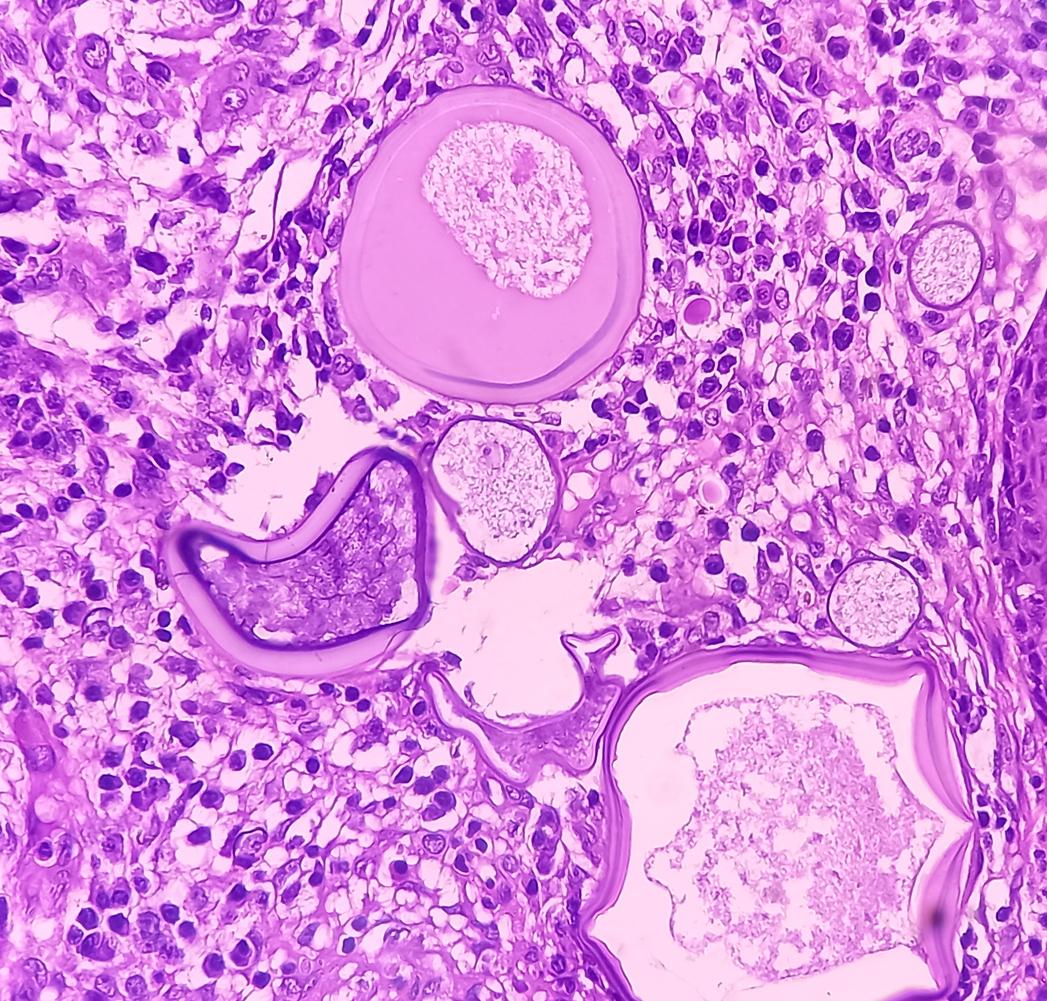American researchers have developed a therapy that slows the growth of tumors.

- Different approaches can be considered to treat cancer. This is particularly the case for drug treatments, radiotherapy and even surgery.
- American researchers have developed a new therapy, which encourages cancer cells to absorb a fragment of RNA to naturally block cell division.
- MicroRNA-34a is a molecule, which acts by slowing or stopping cell division.
There are different types of treatments to treat cancers such as surgery, radiotherapy or even drug treatments. “The choice of those offered to you is made by several doctors during the multidisciplinary consultation meeting (RCP)“clarified the National Cancer Institute.
An anticancer therapy that blocks cell division
Recently, researchers at Purdue University (United States) developed an anti-cancer therapy, which encourages cancer cells to absorb an RNA fragment to naturally block cell division. The results of this work were published in the journal Oncogene.
As part of this research, scientists tested the therapy on mice. This new therapeutic avenue combines an administration system, which targets cancer cells to a specially modified version of microRNA-34a, a molecule that works by slowing or stopping cell division.

Micro RNA therapy: “I am convinced that this approach is better than the current standard treatment”
According to the results, the targeted microRNA-34a slowed or reversed tumor growth in rodents, but it also suppressed the activity of at least three genes – MET, CD44 and AXL – which may be responsible for cancer and resistance to other anticancer therapies. Indeed, tumors treated with the new therapy did not increase in size during a 21-day follow-up unlike untreated tumors which tripled in volume during this period.
For study leaders, this therapy could be effective alone and in combination with drugs when used against cancers that have developed drug resistance. “When we got the data, I was over the moon. I am convinced that this approach is better than the current standard treatment and that some patients will benefit from it”said Andrea Kasinski, lead author and William and Patty Associate Professor of Biological Sciences.

















